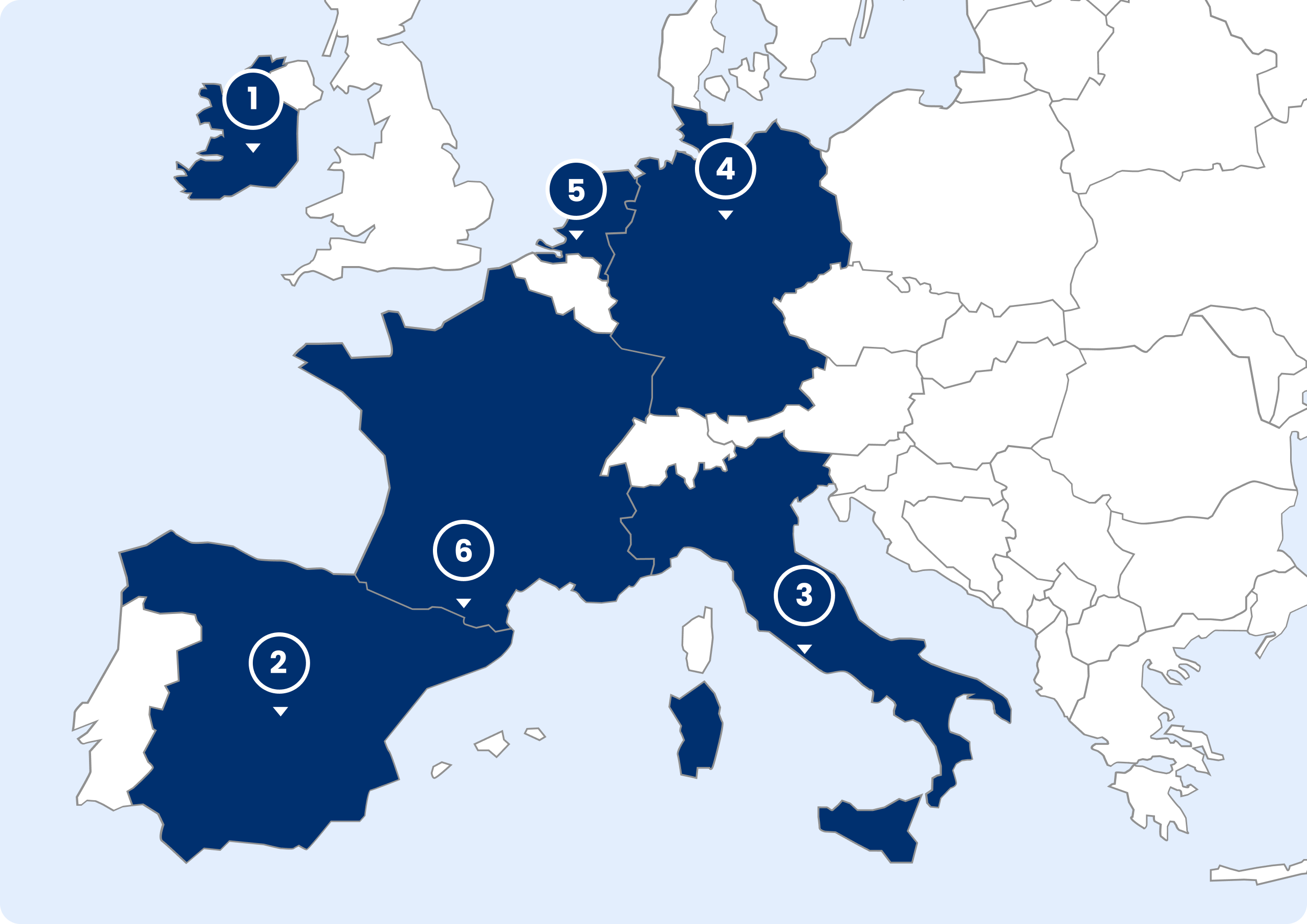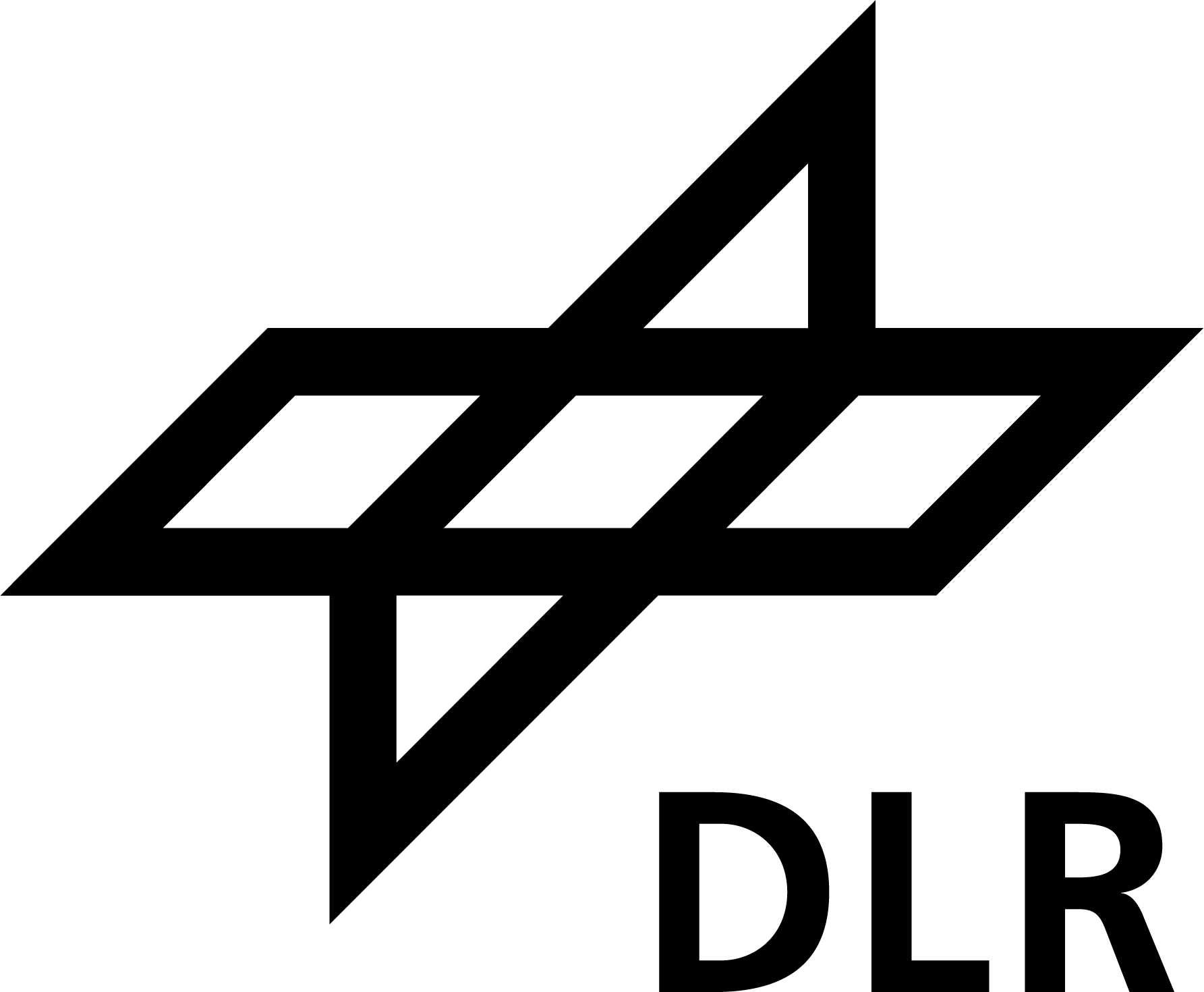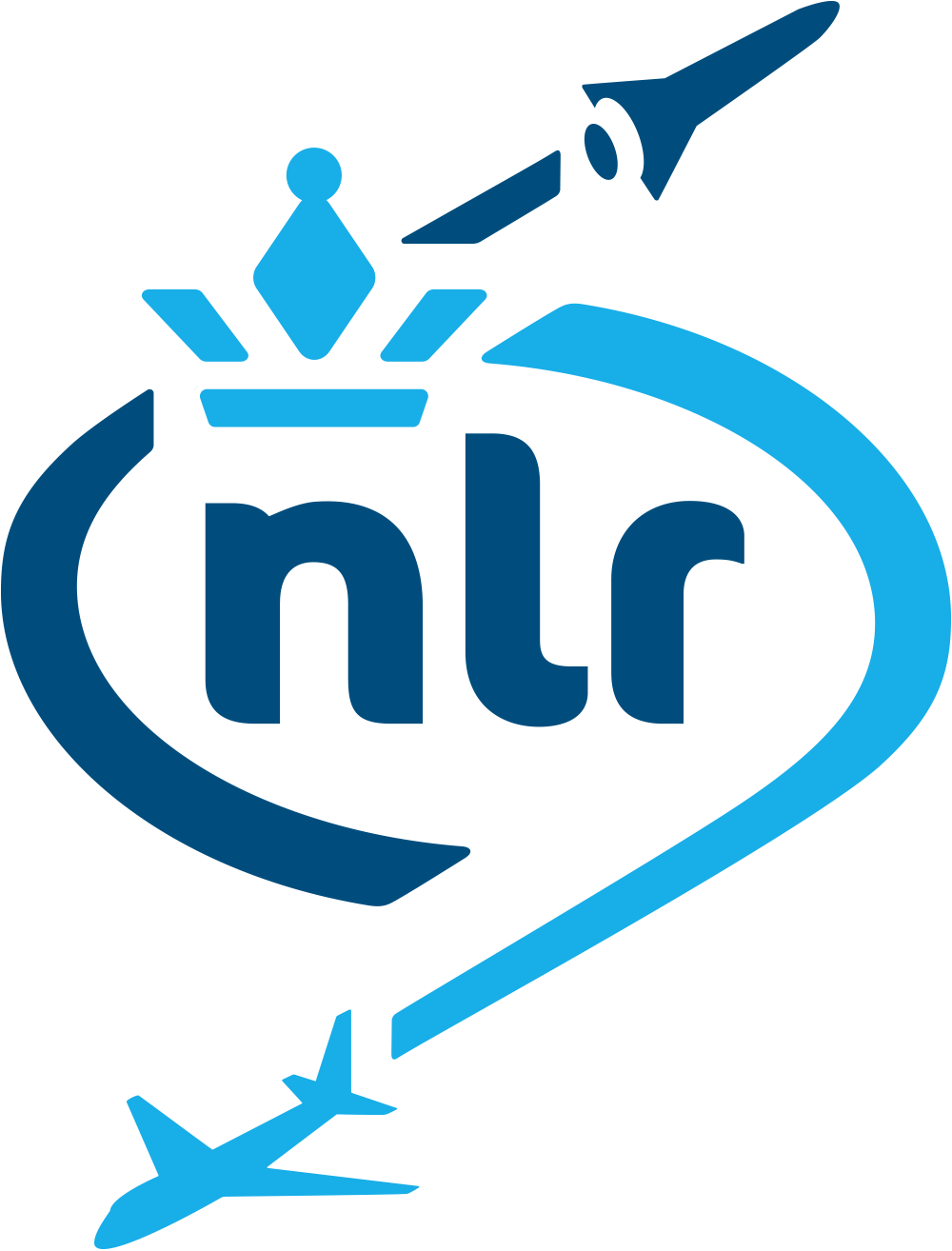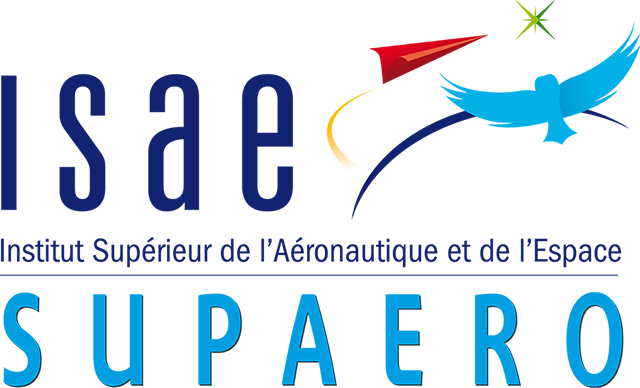Consortium
Consortium
The RESPONSE consortium consists of six partners from six European countries – Ireland, Italy, Germany, the Netherlands, France and Spain -, bringing complementary expertise and capabilities for the execution of the project. It is led by a major industry player (COLLINS), and it includes an academic leader (ISAE), major research institutes (DLR, NLR) and specialized SMEs (DBL, CRIDA).


Collins Aerospace, an RTX business, is a leader in technologically advanced and intelligent solutions for the global aerospace and defense industry. Collins Aerospace has the extensive capabilities, comprehensive portfolio and broad expertise to solve customers’ toughest challenges and to meet the demands of a rapidly evolving global market. In SESAR3, their top priorities are: Sustainability; Data driven operations; More autonomous systems.
Collins Aerospace will use the results from RESPONSE to actively contribute to SESAR3 Industrial Research projects for a safe return to land demonstrator. They will bring their expertise in Commercial and Regional flight systems, avionics, integrated flight deck, artificial intelligence and human-autonomy teaming. Collins is involved in numerous projects within SESAR, Clean Aviation and Horizon Europe, with coordinator and participant roles, from multiple sites across Europe.

CRIDA is a not-for-profit Research Entity established by ENAIRE, the Polytechnic University of Madrid and INECO. CRIDA has the mission to perform R&D activities geared towards improving the safety, capacity, efficiency and the environmental performance of the Spanish Air Navigation System as part of the global network.
Within RESPONSE, CRIDA will lead the development of a new CONOPS for safe return to land operations in cases of pilot incapacitation, including the design and validation of a ground digital assistant to support these scenarios. Leveraging its expertise in ATM systems and simulation platforms, CRIDA will ensure seamless integration of these concepts into ATM. Additionally, CRIDA will contribute to testing, validation and prototyping, ensuring alignment with SESAR objectives.

Deep Blue is a consultancy specialised in human factors. With 18 years of experience driving business innovation and growth through human-centric design solutions, especially in safety-critical sectors, the company excels in human-machine interaction and R&D project validation, promoting innovation and growth.
Within the RESPONSE project, Deep Blue will focus on user-centred design and human performance assessment of new systems, analysing human factors, ethics, and legal aspects in deployment. The company will draw on expertise from previous SiPO projects (e.g., SAFELAND) and experience in dissemination, communication, and exploitation for SESAR2020 and H2020 projects.

DLR is the German aerospace research and technology centre. In its core areas, DLR develops technologies for aeronautics and space, energy and transport, as well as security and defence research. A broad spectrum of results and innovations bring benefits for industry and business, authorities and administration as well as for public stakeholders. The DLR fulfils its responsibility to society through an intensive exchange of knowledge and targeted technology transfer.
Drawing on expertise from Human Factors experts and engineers, DLR will contribute to future single pilot CONOPS and advance pilot state monitoring. DLR leads the work package on pilot incapacitation transition monitoring, and will conduct research on improving the neurophysiological assessment of mental fatigue via functional near infrared spectroscopy (fNIRS).

The Royal Netherlands Aerospace Centre (NLR) is the central institute for aerospace research and consultancy in the Netherlands. Founded in 1919, NLR provides technological support to aerospace industries and authorities worldwide. With 850+ specialists, NLR operates advanced research infrastructures like flight simulators and wind tunnels.
NLR participates in the RESPONSE project with two departments: Human Performance and Air Traffic Control/Cockpit Operations. Human Performance specialists will research pilot incapacitation monitoring using fNIRS and eye tracking. They’ll conduct literature surveys, workshops, and human-in-the-loop experiments to assess pilot incapacitation. Air Traffic Control/Cockpit Operations specialists will contribute to Safe Return to Land CONOPS evolution, creating Concepts Of Operations for safe return to land in case of pilot incapacitation.

ISAE-SUPAERO, a globally recognized leader in aerospace engineering education and research, delivers a comprehensive array of world-class science and engineering programs. The institution spearheads innovation through a future-oriented research strategy, tailored to meet the dynamic demands of the aerospace and high-tech sectors.
Within the RESPONSE project, ISAE-SUPAERO will harness cutting-edge brain-computer interface (BCI) technology to assess pilot engagement and vigilance, paving the way for enhanced human-machine teaming and improved safety standards.






